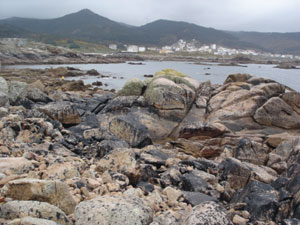Hope may be in sight for the Deepwater Horizon clean up operation as Spanish researchers show the rapid recovery of wild mussel populations following a similarly disastrous oil spill.
In November 2002, the tanker Prestige split in two, disgorging over 60 000 tonnes of oil into the Atlantic Ocean. The Galician coastline, Europe’s largest producer of mussels, was one of the worst affected areas. Miren Cajaraville led a team at the University of the Basque Country, Leioa, to assess the impact of the spill on the reproductive capabilities of wild mussel populations.
Mussels are commonly used as a gauge of marine pollution levels as they are inactive and do not move to feed, so accumulate high levels of contaminants from their environment. Cajaraville monitored the levels of a protein that control the development of sex cells in females along with other indicators of abnormality, such as premature cell death and abnormal reproductive organ development to determine the effect of the oil-contaminated waters on the mussels.
Read the full story here
Link to journal article
Effects of the fuel oil spilled by the Prestige tanker on reproduction parameters of wild mussel populations
Maren Ortiz-Zarragoitia, Larraitz Garmendia, María Carmen Barbero, Teresa Serrano, Ionan Marigómez and Miren P. Cajaraville
J. Environ. Monit., 2010, DOI: 10.1039/c0em00102c











